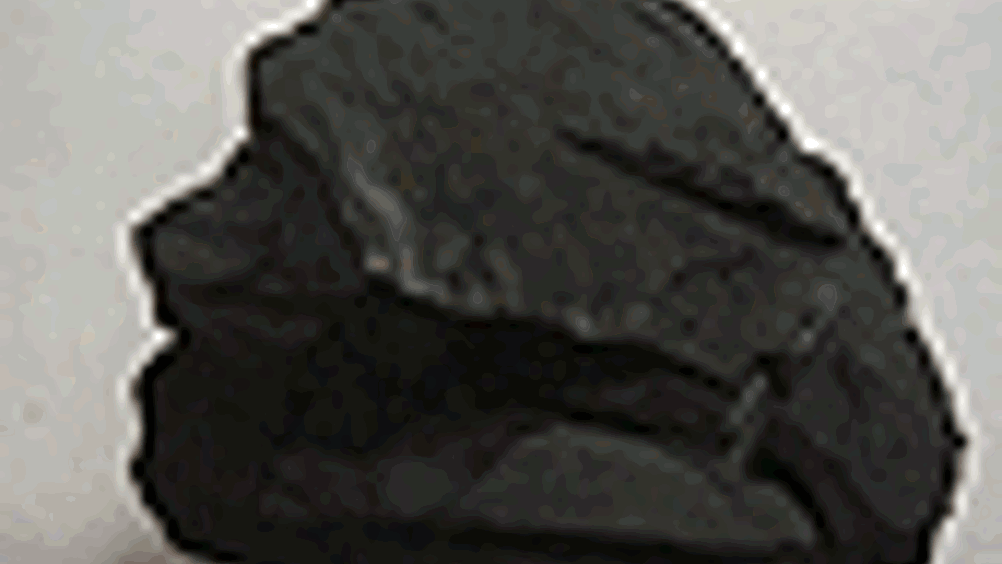Finer filters from waste

A research group at the
Activated charcoal has a large active surface area due to the numerous nanoscale pores that run through it. A relatively small quantity of charcoal could have the same surface area as a football pitch, according to group coordinator Francisco Javier López Garzón.
Among other applications, activated charcoal is used to manufacture filters for cigarettes, in catalysis processes and to filter harmful substances form the air. The group has been working for four years to cheaply make activated charcoal with a controlled porosity to remove specific pollutants from waste gas.
Commercial activated charcoal is obtained from precursors like olive pits, almond shells or coconut shell. These natural products produce charcoal with varying porosity, which is not selective as to which pollutants it absorbs.
Register now to continue reading
Thanks for visiting The Engineer. You’ve now reached your monthly limit of news stories. Register for free to unlock unlimited access to all of our news coverage, as well as premium content including opinion, in-depth features and special reports.
Benefits of registering
-
In-depth insights and coverage of key emerging trends
-
Unrestricted access to special reports throughout the year
-
Daily technology news delivered straight to your inbox










BEAS funding available to help businesses cut energy costs
And not a moment too soon, if the following exchange broadcast last Friday 13th June, on the Radio 4 ´Rare Earth´ program (link below, ~ 17 minutes...